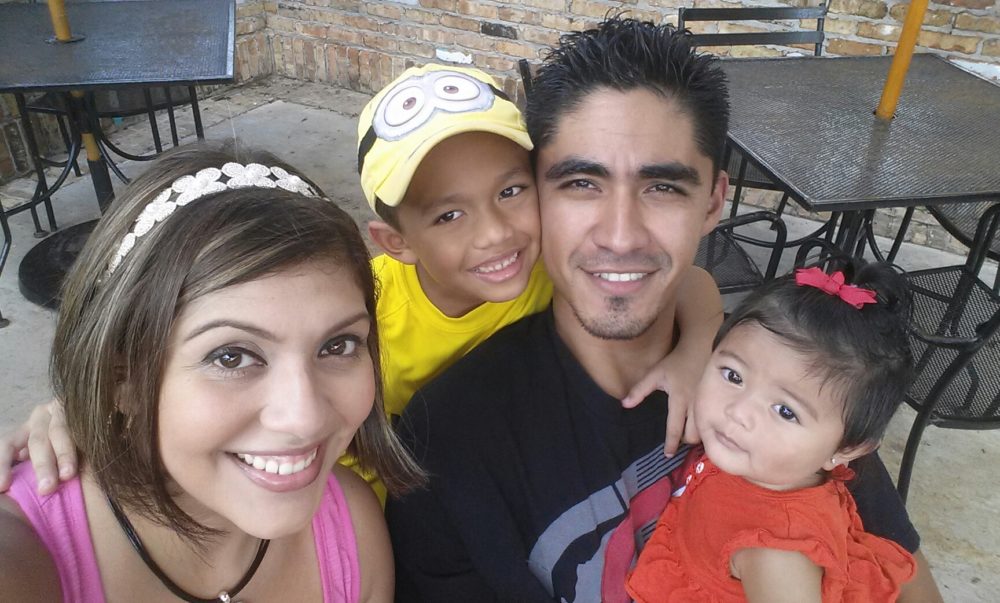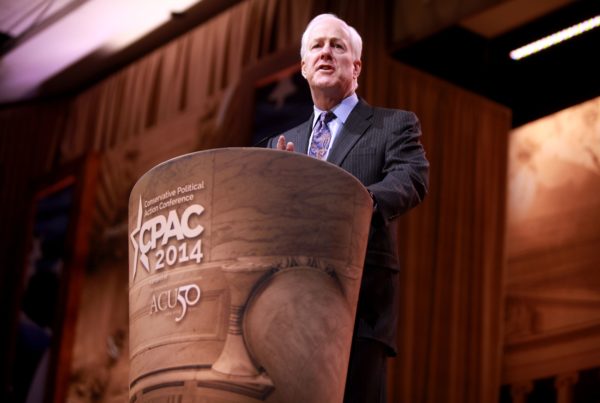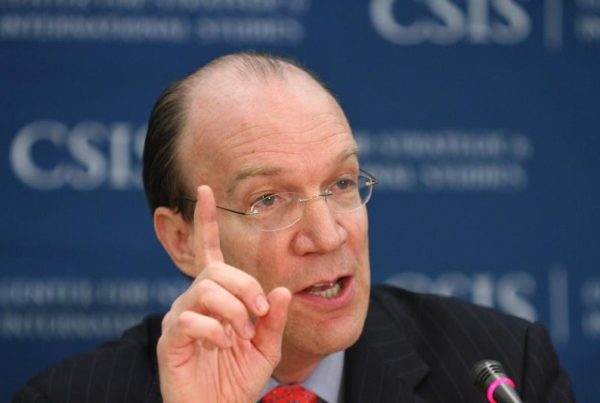Since President Donald Trump assumed office, his administration has tried to make changes. One of these is in immigration enforcement.
Nationwide, deportations of immigrants without a criminal record went up over 10 percent within the first three months of 2017, according to federal data.
In the southern region of Texas, arrests of immigrants with no criminal record have more than doubled.
José Escobar falls under that statistic.
In March, his wife, Rose Escobar, spoke out against his sudden deportation. Under the Obama administration, José was given a temporary deportation reprieve. “I’m a U.S. citizen. And I’m being hurt by my own president,” she announced.
José was previously required to routinely check in with the immigration office. He went in for his annual appointment earlier this year. But this time, he was detained, and never came home. He was deported two weeks later. Three months after that, José’s wife, Rose Escobar spoke about the situation.
She was at her home in Pearland, juggling the phone, while tending to her toddler. After her husband’s deportation, she was left behind to take care of her two-year-old daughter and seven-year-old son.
“It’s been hard, really hard,” she says, her voice cracking. “The kids communicate with him through Facebook messenger. We’re trying our best to just make sure my kids don’t forget who he is.”
Rose Escobar talked about how things unfolded that day, three months ago.
“On February 22nd, we went in for our regular check-in, with my daughter, she says. “Our appointment was at 9 a.m. We walked in there. And the guy, instead of signing off his sheet, told us to go to the back; which they never do.”
José was arrested on the spot.
“I said, ‘What are you guys doing’? And they said, ‘Well, ma’am, with the new administration…’ And I said, ‘No. No, your president is asking for criminals. My husband is not a criminal. Look at his record, he’s not a criminal.’” she says.
Bret Bradford, the Houston ICE director of field enforcement and removal, says ICE now follows a new set of priority guidelines. He couldn’t address José’s specific case- but says more people will fall into their priorities.
“There were categories of folks who were more or less off limits…. Now all that has been lifted,”Bradford says.
“The biggest difference to me under the previous administration we had polices that kind of restricted who we could take enforcement action on,” he says. “There will certainly be more people to take that enforcement action on, because more people will fall into that pool of folks that we can…. And really it’s probably a more fair and unbiased approach right now. What we’ve been told by this administration is: just enforce the law.”

















